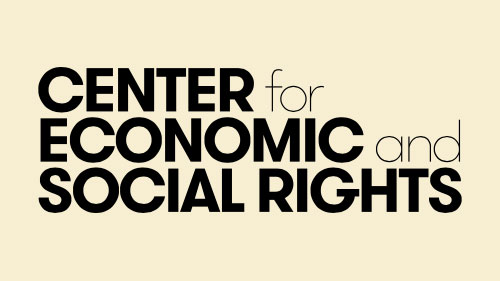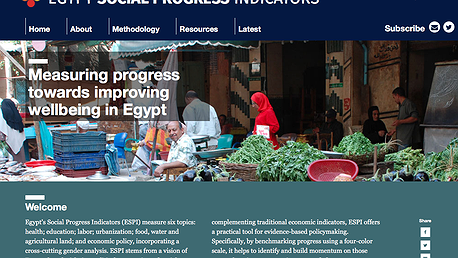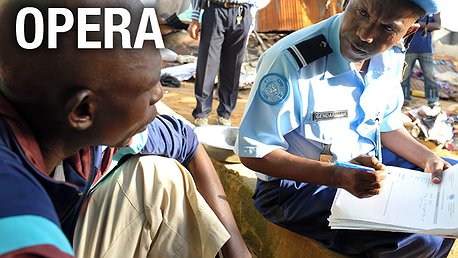 While laws and policies in the socioeconomic sphere can contribute significantly to fulfilling economic and social rights—providing infrastructure and services like schools, hospitals, or investment capital—they may be designed or implemented in a way that excludes or fails to meet the needs of particular sectors of society, creating or perpetuating inequity and deprivation. Effective monitoring—a range of activities that seek to identify and document deprivations of rights—is essential for making human rights meaningful. It underpins efforts to ensure accountability when laws and policies create, perpetuate or exacerbate deprivations of economic and social rights and, ultimately, to close the glaring gap between formal human rights commitment and the deprivations facings millions of people around the world.
While laws and policies in the socioeconomic sphere can contribute significantly to fulfilling economic and social rights—providing infrastructure and services like schools, hospitals, or investment capital—they may be designed or implemented in a way that excludes or fails to meet the needs of particular sectors of society, creating or perpetuating inequity and deprivation. Effective monitoring—a range of activities that seek to identify and document deprivations of rights—is essential for making human rights meaningful. It underpins efforts to ensure accountability when laws and policies create, perpetuate or exacerbate deprivations of economic and social rights and, ultimately, to close the glaring gap between formal human rights commitment and the deprivations facings millions of people around the world.
However, establishing that such policy failures amount to a violation of the obligation to fulfill economic and social rights can be challenging. The rights enshrined in the International Covenant on Economic, Social and Cultural Rights are subject to "progressive realization," according to a state’s "maximum available resources." The conditionality of this language, combined with complexity of public policy, make it difficult to trace patterns of preventable rights deprivations back to policy failures. For this reason, NGOs and other advocates need practical tools and publications on how to monitor the realization of and demand accountability for denials and violations of economic and social rights.
CESR has been at the forefront of efforts to tackle this challenge—forging new ground in measuring and monitoring compliance to states' obligations to fulfill economic and social rights. We believe that human rights monitoring can serve as a powerful advocacy tool for social justice. For this reason, we work to provide civil society organizations, NGOs and other advocates with practical and accessible resources and publications on how to utilize multidisciplinary tools to better monitor the realization of economic and social and demand accountability for denials and violations of these rights.
CESR has developed OPERA, which stands for Outcomes, Policy Efforts, Resources and Assessment, a simple and comprehensive four-step framework for analyzing various aspects of the obligation to fulfill economic and social rights. We have also been central in building up a community of human rights activists and practitioners committed to harnessing innovative tools and techniques to monitor the actions of governments and other actors from a human rights perspective. Through these networks, we also explore emerging themes, such as the use of new digital technologies in research and advocacy.









